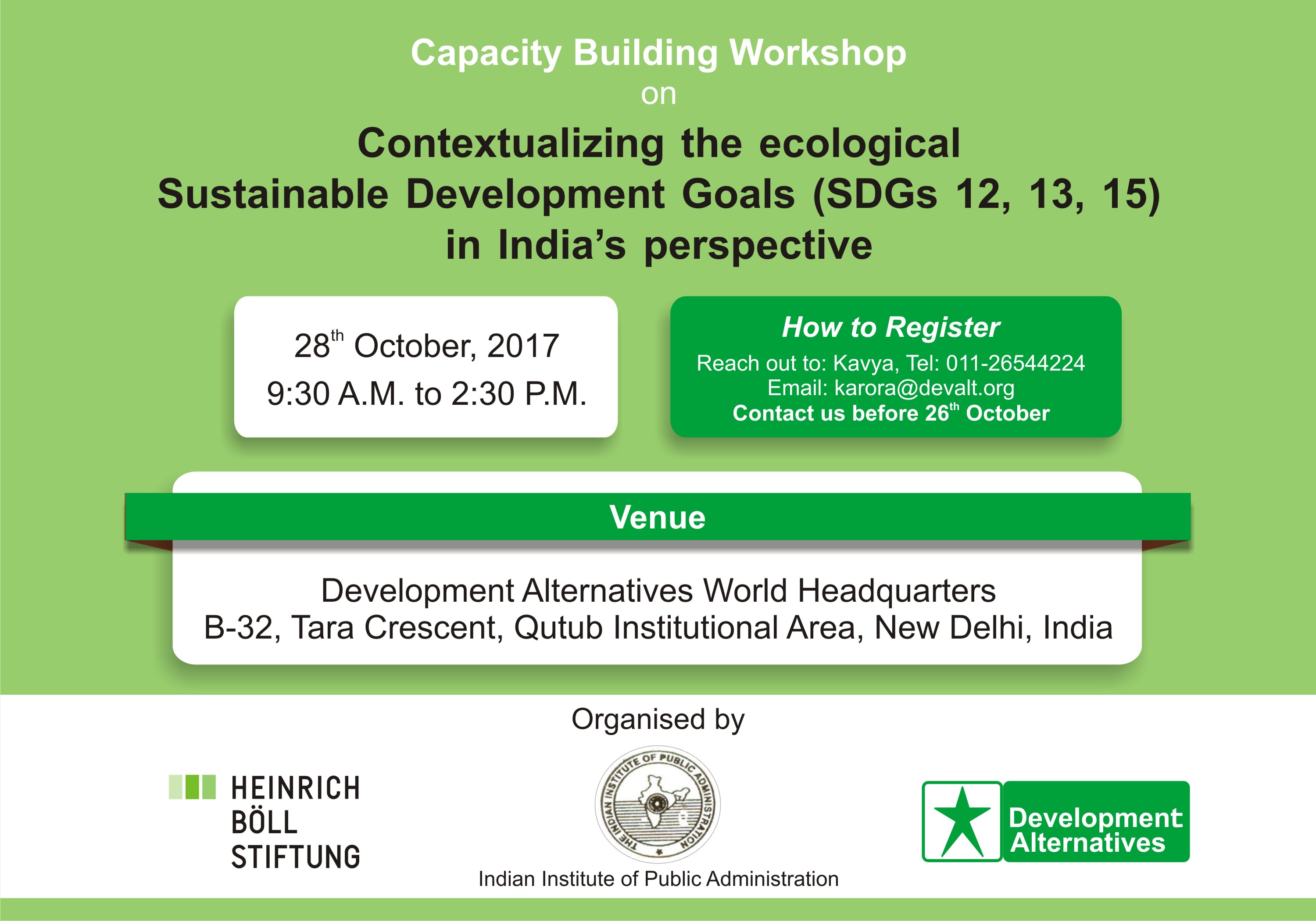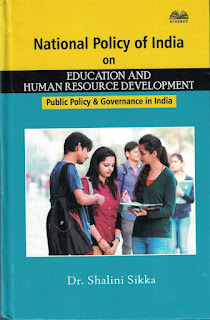DIALOGUE: Science, Scientists, and Society
to be published from January 2018
Published by the Indian Academy of Sciences
Aim and Scope
DIALOGUE: Science, Scientists, and Society, published by the Indian Academy of Sciences, Bengaluru, provides a scholarly forum for scientists and other interested parties to discuss and debate issues pertaining to science and society, in the broadest sense. The journal covers three related but distinct themes: (a) the practice of science, including choice of problem, publication, evaluation, funding and other matters; (b) communication of science by its practitioners to students, politicians, administrators, other interested parties, and the general public; and (c) the impact of science on society, and vice versa. These themes are envisaged to cover, for example, introspection on practices in science and academia, education and the communication of science, gender and allied issues in science, science as a social system, culture of science, future directions and implications, goals of science, science-social science interfaces (conversations across disciplines and knowledge systems), indigenous and local knowledge systems and science, imaginations driven by science, connections with other countries, global contributions, funding, organisation of science, administration and management of science, evaluation, critical studies of science and society, science policy studies and more. The journal is also a place for discussion on planning scientific policy, as well as issues pertaining to science education and policy towards education. The journal aims to foster discussion and dialogue by publishing papers addressing any aspect of science practice, science teaching, science administration, science policy and the science-society interface. It will also serve as a place to put on record archival documents from the past, as well as those that may be produced in the future, in which the Academy or other such bodies put down in writing the results of their deliberations on issues of relevance to scientists and society. The journal is accompanied by a more informal but moderated web platform, Confluence that aims to provide a forum for all interested parties to share and debate views and interact on these crucial issues.
DIALOGUE: Science, Scientists, and Society considers articles on all issues pertaining to science practice, science policy, science education, science administration, science communication, and the science-society interface. Contributions must be scholarly in nature and balanced in their outlook. Polemic is not encouraged. Author(s) are responsible for the views expressed in published articles, and publication of an article does not imply an endorsement of the views or opinions therein by the Indian Academy of Sciences. All contributions, including invited submissions, undergo editorial and peer review. The journal is online only: there is no print edition and no restriction on use of colour illustrations. Supporting multimedia material is permitted. PDF and HTML files of all published articles are downloadable free of charge from the journal website. All articles must be in English, with British spelling.
Categories of Manuscript
DIALOGUE: Science, Scientists, and Society will consider full-length articles, short notes, and commentaries. Review articles, annotated bibliography pieces, and book, website or software reviews will typically be solicited. Prospective authors of such contributions are encouraged to contact the editors with a brief proposal prior to submission. There are word limits for all categories.
- Article: The regular full-length article (maximum 10,000 words, main text), reporting results of original research or surveys, or an essay pertaining to science and social issues that includes data components, with an abstract of about 250 words.
- Short note: A brief article (maximum 2500 words, main text; no abstract; up to four figures, tables, or other display items (e.g. videos); up to 20 references) on an interesting issue but not as fully developed as a full-length article. The first paragraph should be in the form of a summary of the note in about 150 words.
- Commentary: A brief summary (maximum 3000 words, main text; up to two display items; up to 20 references) of recently published article(s) in other journals on a common theme of general interest, placing the work discussed in a broader context; no abstract.
- Correspondence: A brief comment/critique on an article recently published in DIALOGUE: Science, Scientists, and Society (maximum 2500 words, main text; up to three display items; up to 20 references); no abstract. Authors of the original paper will be invited to submit a response.
- Review article: No word / reference / display item limit; should include an abstract of less than 300 words.
- Perspectives: A general article looking at some major issue in science research or education, technological applications of science, or the history of science and its impact on society; no word / reference / display item limit; should include abstract of less than 300 words.
- Book/software/website review: No word limit; no abstract.
Policy on plagiarism
Plagiarism as a form of scientific misconduct has been on the rise in recent times. Defined by the US Office of Research Integrity as "the appropriation of another person's ideas, processes, results or words without giving appropriate credit", the increase in plagiarism is due not only to all too human failings, but also to the ease with which the emergence of the Internet has made such misconduct possible. Compared to earlier generations, training of students today seems to have become slack in the sense of not conveying a clear understanding of what is right and what is not in such matters.
The editors of all the journals of the Indian Academy of Sciences take a very serious view of any evidence of plagiarism including self-plagiarism in manuscripts submitted to them. Every reasonable effort will be made to investigate any allegations of plagiarism brought to their attention, as well as instances that come up during the peer review process. Such behaviour when proven beyond doubt is unacceptable, and will be suitably exposed. Self-plagiarism will be treated just as seriously. claimed new results express the author's own findings, and all material taken from the existing literature has been properly acknowledged and referenced.
Upon receipt of a manuscript by any of the Academy journals, the authors or corresponding author will be required to sign an undertaking to the effect that the work has not been submitted elsewhere for publication, the claimed new results express the author's own findings, and all material taken from the existing literature has been properly acknowledged and referenced.
In those instances where in spite of these precautions a case of plagiarism goes undetected in the review process and is discovered after publication, both online and print versions of the journals concerned will carry a notice of the discovery. Depending on the seriousness of the case, the Academy reserves the right to inform the heads of the offending authors' institutions and their funding agencies about the editors' findings.
The jurisdiction for all disputes concerning published material, subscription and sale will be at courts/tribunals situated in Bengaluru city only.













